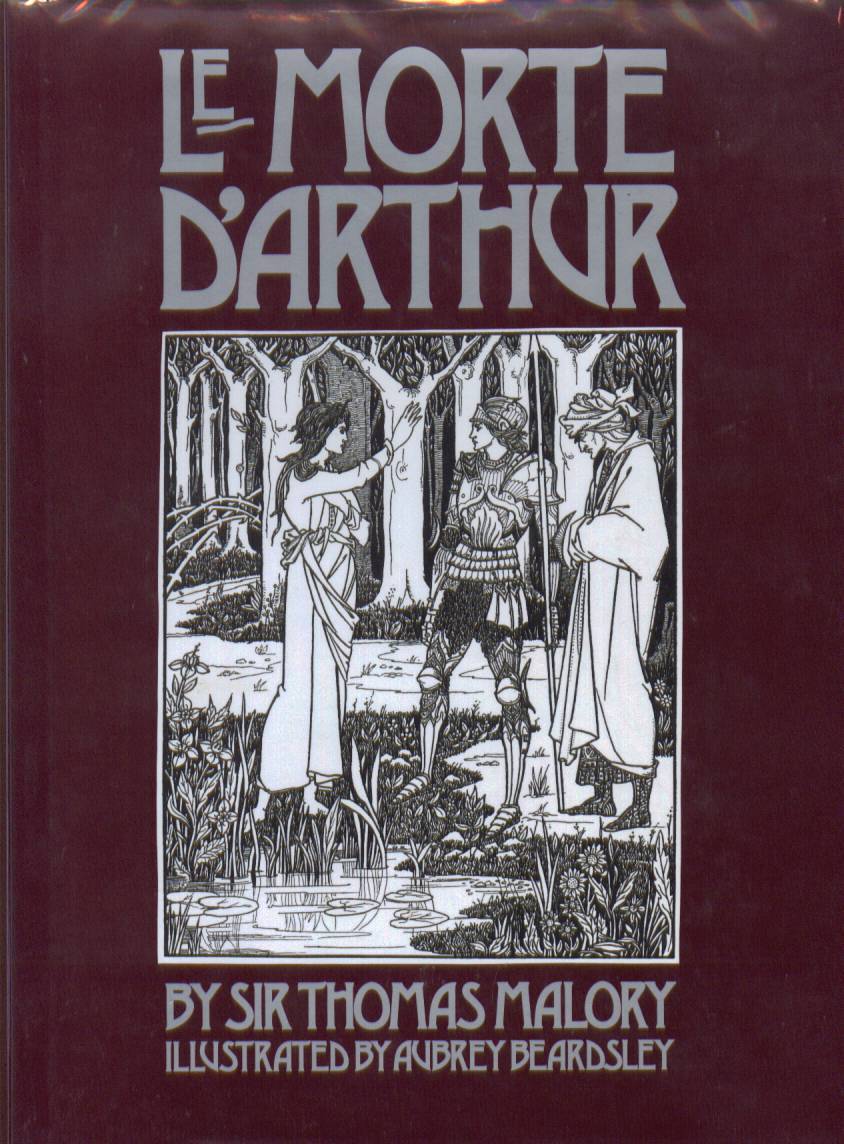There is a lot of defending women's honor in this book. There are also a large number of unvirtuous, even devious ladies. Men fall trapped to women's wiles--here sex appeal is turned to literal necromancy (Merlin, in love with a woman, gets pushed under a magical rock, a trap from which he cannot escape, so that said woman can pursue another man). Men fight to defend women's reputations, even when the reputation has no base in fact (curiously, many of those same men remain supposedly virgins for the one they love, given that the woman is inevitably already married). Near the end, Lancelot finally makes his love for the queen physical, and then, when accused of wrongdoing, fights tens of knights to prove that she (and he) are innocent. Might makes right, for God is always on the mighty's side, the author seems to suggest. And we wonder why there are bar fights today?
On the whole, this 750-page tome was at its most interesting at the beginning and end, for its first 100 pages and last 100. In the early chapters comes the setup, all the prophecies about what is to unfold in the faraway future, as well as a history of King Arthur's ascent to the throne. In the later chapters comes the fulfillment of those prophecies and the story's tragic end. In between are accounts of numerous battles and quests and tournaments with little or no real climactic buildup. This is a romance in the medieval sense, so the text is episodic, and while some episodes occasionally make for compelling short stories, the whole does not amount to much. I found myself terribly bored during most of the accounts of the battles. But the overall trajectory of the story is mythic, and it's easy to understand why Arthur's legend has inspired so many derivative works.
Subscribe to:
Post Comments (Atom)







No comments:
Post a Comment